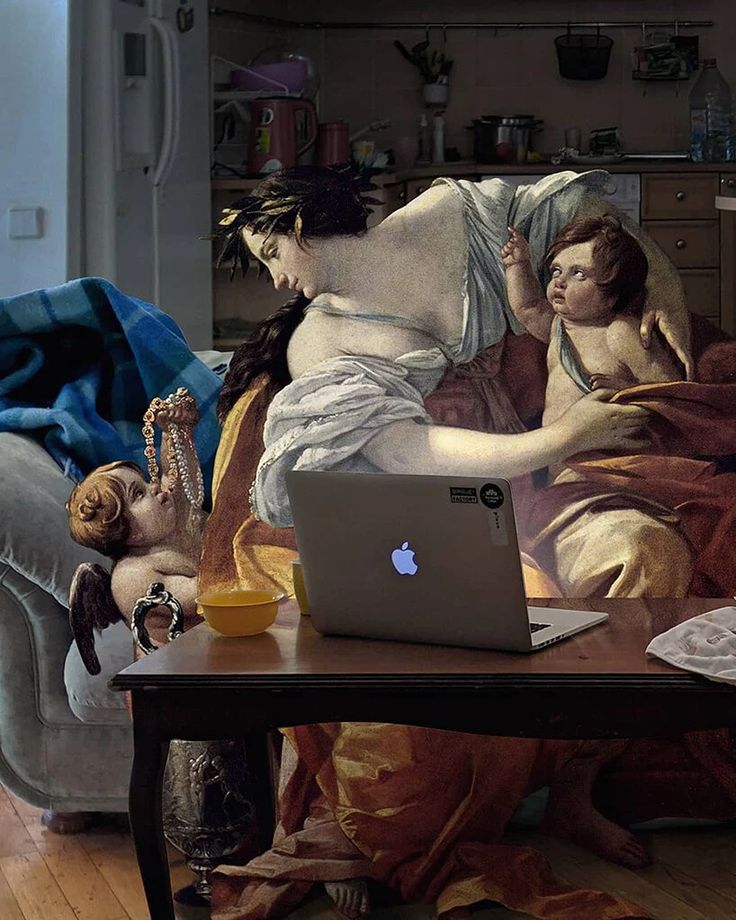
Personal Experience
When I stepped into this course, I didn’t know what to expect, but what I found was a spark. From the very first class, it felt like stepping into a think tank on technology, a space where nothing was too obvious to question. In an age where we live and breathe technology, this course was a refreshing invitation to pause, dissect, and reflect on its essence. What is it really doing to us, and how are we shaping the world with it in return? The experience was nothing short of transformative, leaving me with insights that continue to reshape how I see the world.
One highlight that sticks with me was diving into the hilariously bad metaphors from Real Life Magazine. Not only did they make me laugh, but the discussions that followed opened my eyes to just how deeply flawed – and revealing – our linguistic shortcuts can be. The class presentations took this further, showcasing how my class peers’ unique perspectives added richness to every conversation.
Of course, it wasn’t all smooth sailing. The course nudged me out of my comfort zone in the best way possible. The term “Digital Cultures” itself set the stage for an uncomfortable truth: we’re so immersed in our behaviours and customs that we rarely stop to examine them critically. Andres, with his thoughtful nudges, made that process feel not only manageable but vital.
Key Takeaways
This course was a treasure chest of frameworks and ideas that I’m excited to carry forward. Discussions on digital extractivism were a wake-up call, shining a light on how technology often mirrors the exploitative models of resource extraction. The concept of polycrisis added another layer, showing me that technology’s challenges aren’t isolated, they’re tangled up with global social, environmental, and economic issues.
The guest lecture by Gustavo Nogueira de Menezes on temporality and digital technologies left a lasting impression. Who would have thought that something as fundamental as calendars and timekeeping could reflect colonial structures? The idea of decolonizing time and designing systems that respect diverse temporalities felt like a call to action. One I’m eager to take on in my own work.
This course sharpened my ability to think critically about technology. I’ve gained tools to not just design but to ask the hard questions: What systems am I reinforcing? Who benefits, and who gets left behind? These analytical skills will help me create work that’s not just functional but responsible.
Looking Ahead
As I think about my future, this course feels like a compass, pointing me toward a path of thoughtful and impactful design. It reminded me that design isn’t just about creating, it’s about questioning, understanding, and shaping systems with care. Whether it’s in my next project or years down the line, I want to continue exploring how society, technology, and culture intersect.
I see myself diving deeper into these ideas, fueling my work with the themes we discussed: from decolonizing digital systems to reimagining how technology can serve people and the planet. I’m excited to carry these lessons into real-world contexts, where I can design not just for aesthetics or utility but for meaning and impact.

